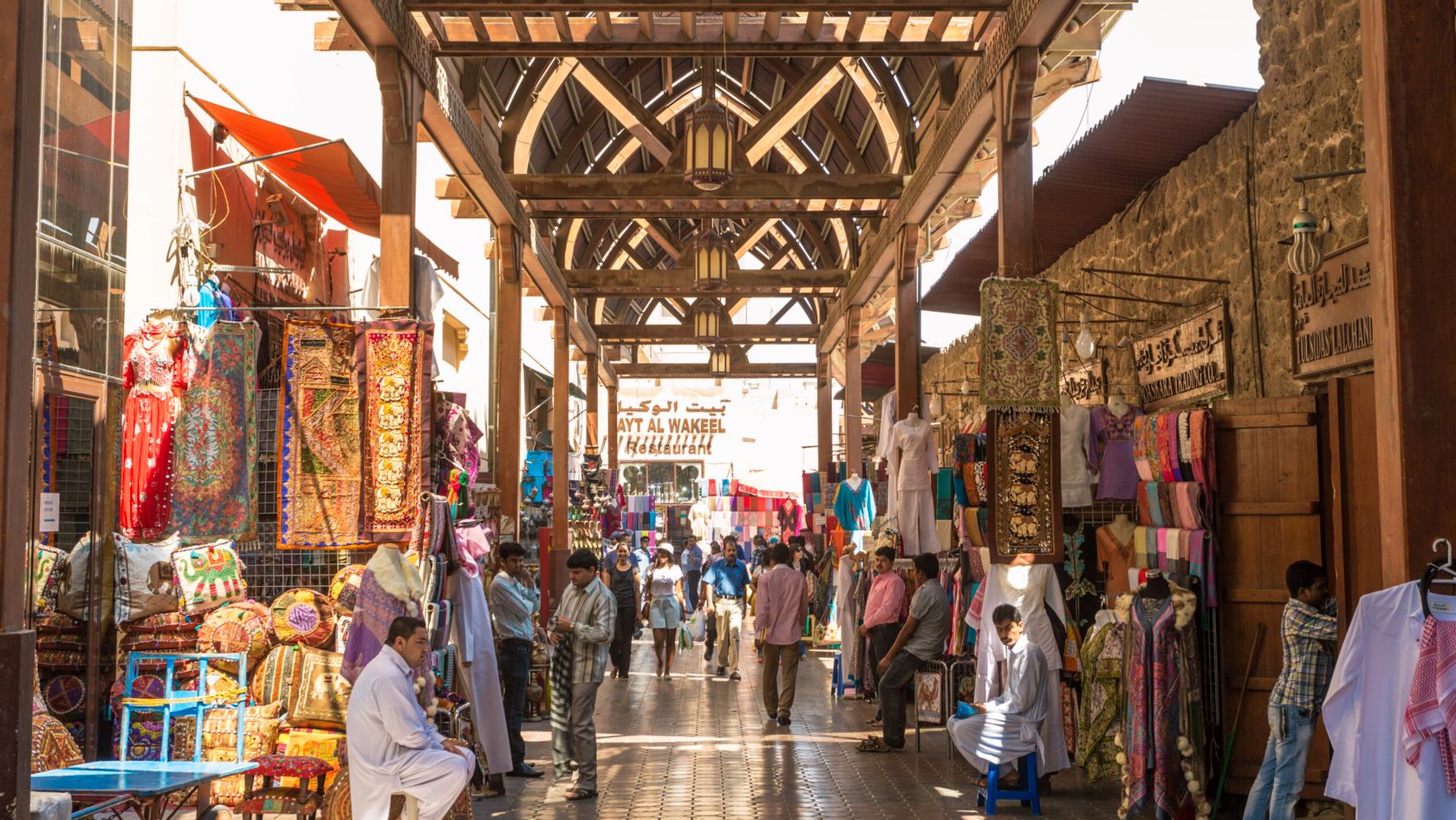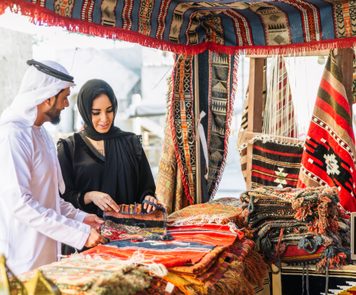Would a multi-millionaire’s narrow investment perspective prove costly? – Old


The elderly man playing chess in Dubai’s Old Town did not display any obvious signs of wealth like the designer clothes and exotic sports cars that the younger generation favoured. But, if you looked closely, his understated wristwatch and bespoke leather shoes suggested a man of means.

In truth, AB was a millionaire many times over. Yet every Saturday, since he was a child, he could be found hunching over his chessboard in a leafy courtyard well away from the hustle and bustle of the Old Souk.
AB was the son of a tailor who sold fabrics, clothes and souvenirs from his small shop and had spent his childhood in the souk. As a boy he was a natural entrepreneur, selling watches and sunglasses all over the Old Town. Yet he devoured books and articles on investing and believed it was the path to true lasting wealth.
What AB also quickly learned was that there was much more to investing than just picking a stock and hoping for the best, the way old men bet on camel races. The fundamentals of a business could be found in its financial statements.
He adhered to value investing as a philosophy his whole life. He bought blue chip stocks in media and technology companies, oil and gas, and the airline industry. By the time he was 50, AB was one of the wealthiest men in the United Arab Emirates. He was a traditional investor in every sense and saw no reason to change a strategy that had delivered one stunning success after another.
However, AB also understood that the world he grew up in was very different from the world that his sons, daughters and grandchildren would inherit. Dubai itself was a glittering example of what vision, ambition and, most importantly, money, could achieve. He had kept up with the times and new concepts like climate change, rising sea levels, and sustainability resonated strongly with him, unlike many of his contemporaries.
In fact, AB had seriously considered investing in several high-profile Environmental, Social and Governance (ESG) companies. But he was not convinced that they would be as profitable as his traditional investment model. Good over profit? That’s not a trade-off he was willing to make. He decided to do nothing rather than risk compromising the performance of his portfolio. Unconsciously, AB was displaying signs of Status Quo decision-making bias, which is the tendency to prefer things remain the same.
His oldest son, who had been the first to open AB’s eyes to sustainable investing, fully understood his father’s dilemma. One sunny Saturday afternoon, while they enjoyed their weekly game of chess, AB’s son illustrated his point by pointing out how popular the traditional Old Souk had been with tourists shopping for bargains. Yet they could still find famous designer labels in the modern new malls that symbolised Dubai’s economic success. It was an example of how the old and the new could co-exist together.

This led the younger man to wonder aloud why his father wouldn’t try out small investments in sustainable businesses along with traditional ones. He could create an ESG investment sandbox and allocate a small amount of assets to a trial portfolio. AB nodded in agreement, convinced by his son’s analogy. He was pleased that his son had talked him into a potentially profitable business decision that also fitted in with his new sustainable investment mindset.
This is a work of fiction but the existence of bias is real and can be costly for any entrepreneur. As your privileged partner, Standard Chartered Private Bank is here to help you avoid biases and make more informed financial decisions. Talk to us about future-proofing your portfolio by capitalising on a wide-range of sustainable investment opportunities.
Free yourself from biased thinking as you embark on your wealth journey with us